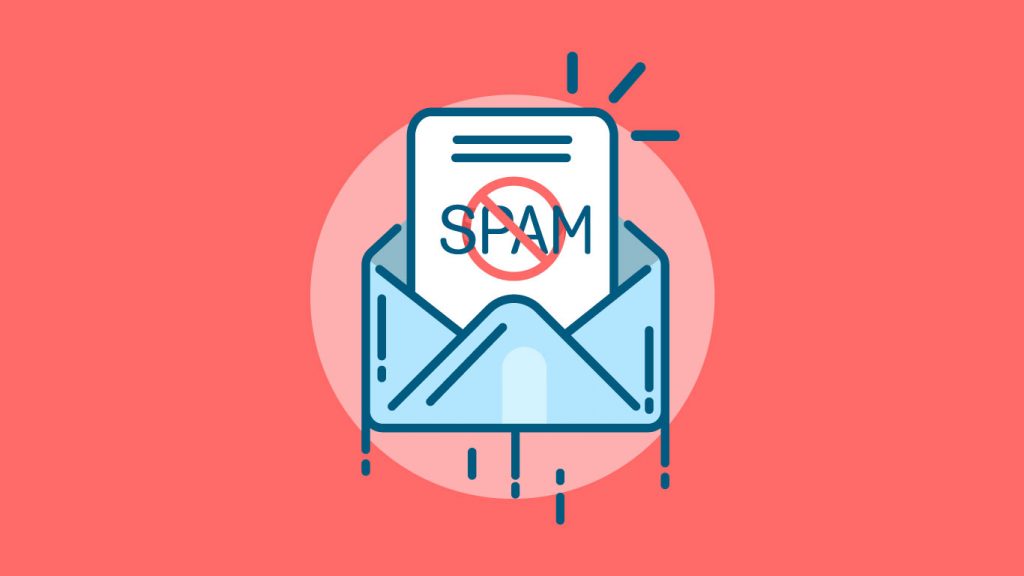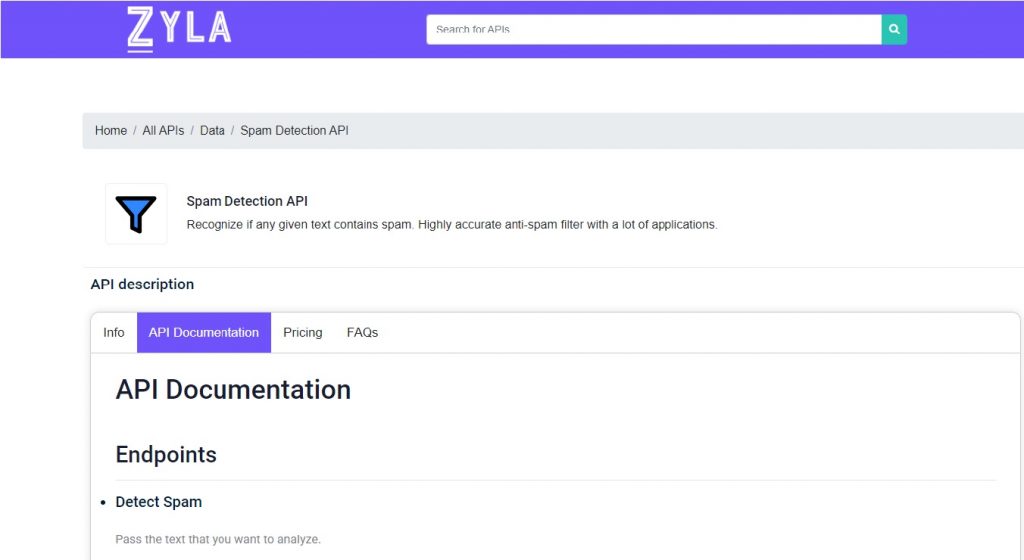As the world becomes increasingly digitized, so too does the problem of spam. Spam is a nuisance at best and a serious security threat at worst. It’s estimated that spam costs businesses billions of dollars each year in lost productivity and resources.
There are a number of ways to combat spam, but one of the most effective is using an anti-spam API. An anti-spam API is a set of programming instructions that enables a piece of software to identify and filter spam. There are a number of anti-spam APIs on the market, but which one is the best for WordPress? In this article, we’ll tell you about it.
Ways spam appears in WordPress
There are several ways that spam can appear in WordPress. One way is through comments that are posted on your blog or website. These comments are usually posted by spammers who are trying to promote their own products or services.
Another way spam can appear in WordPress is through trackbacks and pingbacks. These are links that are automatically generated when someone links to your site from their own blog or website. Sometimes, these links are created by spammers in an attempt to get traffic to their own sites.
If you’re seeing spam in your WordPress site, there are a few things you can do to combat it. First, you can install a plugin that will help to filter out spammy comments and trackbacks. Second, you can moderate all comments and trackbacks before they are published on your site.
Finally, the faster and easier option is to subscribe to an anti-spam API.
How can spam harm your WordPress?
Spam can harm your WordPress site in a number of ways. It can slow down your site, fill up your database with useless data, and even lead to security vulnerabilities.
Allowing comments on your WordPress site opens you up to the risk of spam. Spammers can use comments to post links to their own sites or to promote their products. These links can be caught by search engines and lead to your site being penalized. In addition, spam comments can make your site look untrustworthy and can deter legitimate users from commenting.
Spam can also fill up your database, making it larger and slower. In extreme cases, spam can crash your site entirely.
Finally, spam can lead to security vulnerabilities. Spammers often include links to malicious websites in their comments, which can infect your site with malware.
How can you avoid spam in WordPress?
API stands for “Application Programming Interface” and refers to the various ways in which different software components can interact. A spam detector API can be used to avoid spam in a few different ways.
One way an anti-spam filter can be used to avoid spam is by getting an email address verified before any comments are posted. This can be done by using a service like Spam Detection API which has a system that can be integrated with WordPress.
Another way to avoid spam using this API to filter the content you want to know if it has spam. You can simply do that by entering the text into de API’s system.
Keep your WordPress spam-free with Spam Detection API
If you’re running a WordPress site, you know that spam can be a big problem. Some WordPress plugins do a great job of blocking spam, but they can’t always catch everything. That’s where Spam Detection API comes in.
Spam Detection API is a service that helps you keep your WordPress site spam-free. It does this by automatically identifying and blocking spam comments and trackbacks. Spam Detection API is constantly improving its spam detection algorithms, so you can be sure that your site will stay spam-free. The best part about Spam Detection API is that it’s free to use. So if you’re looking for a way to keep your WordPress site spam-free, be sure to check out Spam Detection API.



